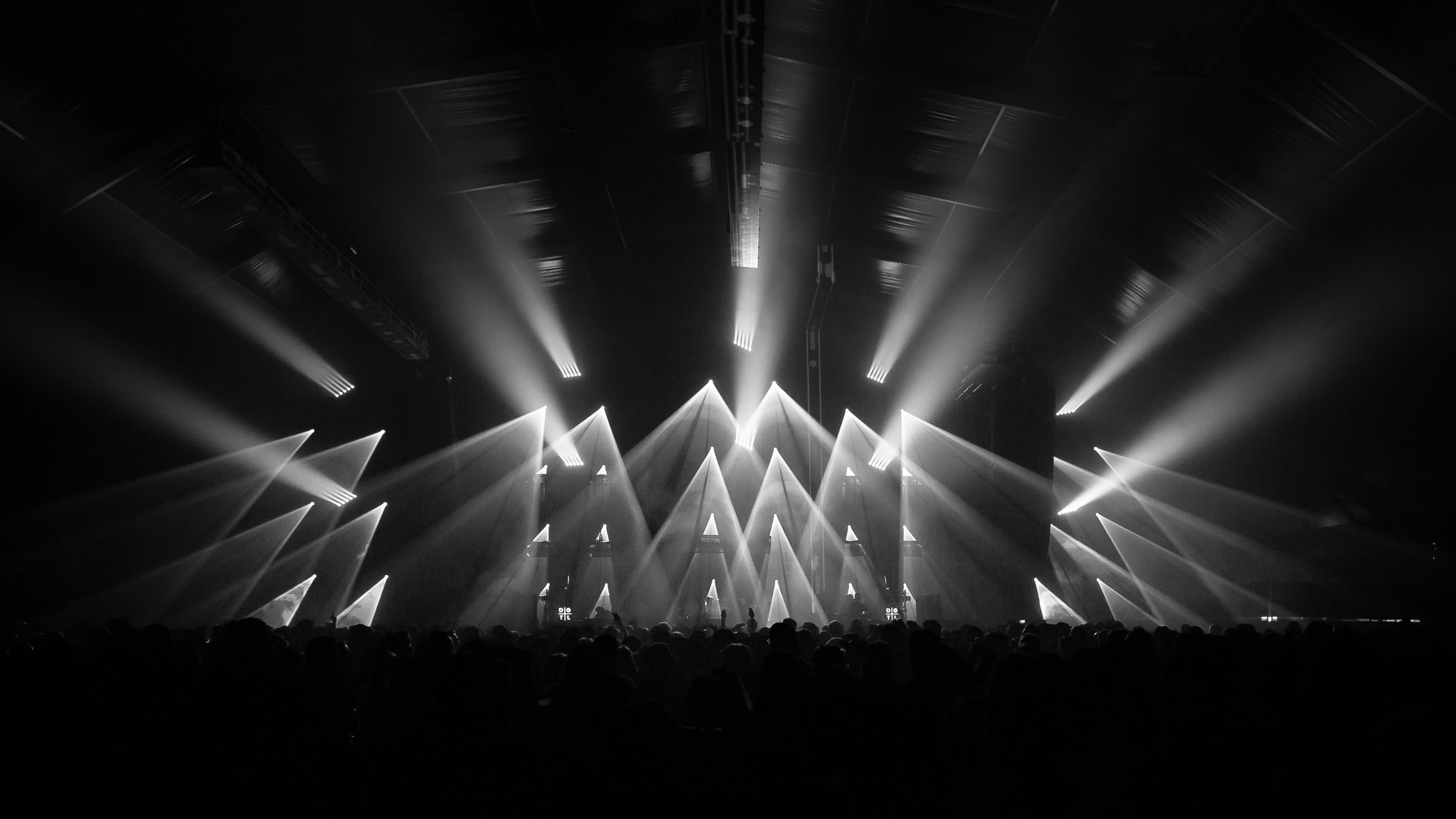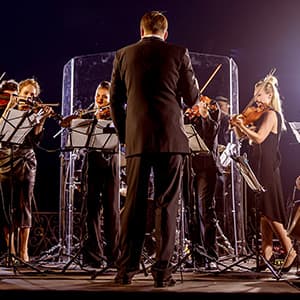

Debussy Tickets
Up to 30% Off Compared to Competitors.
Location: Select Location (e.g, New York)
Events Nearby
We're Sorry. There are currently no events near you.
About Debussy
Today, Debussy's works continue to be celebrated in concert halls around the world. Major symphony orchestras and chamber ensembles regularly include his compositions in their programs. For example, orchestras such as the Berlin Philharmonic and the New York Philharmonic frequently perform his orchestral pieces, drawing audiences with the lush sonorities and innovative structures that characterize his music. Many festivals also dedicate programming to Debussy, highlighting both his well-known pieces and lesser-known works to showcase the breadth of his genius. In recent years, there has been a revival of interest in his music, partly due to the centenary of his death in 2018, which prompted a variety of concerts and events celebrating his legacy. Additionally, contemporary performances often reinterpret Debussy's works, blending them with modern elements or incorporating multimedia presentations to enhance the concert experience. Live performances of Debussy's music today often strive to capture the ethereal quality of his compositions, inviting audiences to immerse themselves in the atmospheric worlds he created. As classical music evolves, Debussy's influence remains significant, ensuring that his works will continue to resonate in concert settings for years to come.
Debussy History
Claude Debussy (1862-1918) was a pioneering French composer whose innovative approach to music profoundly influenced the landscape of Western classical music. Emerging from the late Romantic period, Debussy is often associated with Impressionism—a term he himself resisted but which aptly describes his unique style characterized by rich harmonies, fluid melodies, and evocative atmospheres. Debussy's early career was marked by his studies at the Paris Conservatoire, where he was exposed to a variety of musical influences including Wagner, French folk music, and the Symbolist movement in literature. His breakthrough came with the composition of 'Prélude à l'après-midi d'un faune' in 1894, which showcased his innovative orchestration and harmonic language. As his career progressed, Debussy composed seminal works such as 'Clair de Lune', 'La Mer', and 'Pelléas et Mélisande', each of which has become a cornerstone of the concert repertoire. His music, often performed in concert settings, reflects his desire to evoke sensations and emotions rather than tell a specific story, which was a departure from the narrative-driven compositions of his predecessors. Debussy's influence extended beyond his lifetime, inspiring generations of composers and transforming concert music with his exploration of modality, non-traditional scales, and innovative textures.
